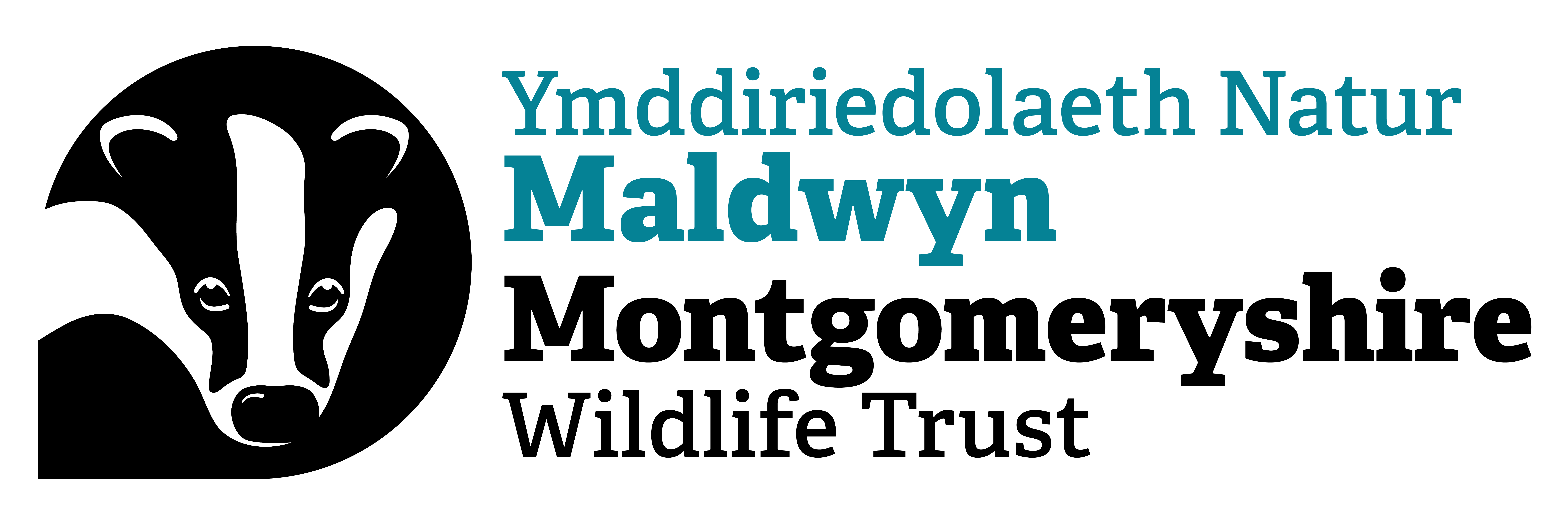Search
Chwilio
Top 10 issues for The Wildlife Trusts in Wales and nature's recovery in 2023
In 2023, The Wildlife Trusts will call on the Welsh Government to ensure that nature is able to recover by...
Biting stonecrop
Also known as 'Goldmoss' due to its dense, low-growing nature and yellow flowers, Biting stonecrop can be seen on well-drained ground like sand dunes, shingle, grasslands, walls and…
Become a Reserve Guardian
Climate & ecological emergency - what we are doing
Change what you eat
Eat more plant-based foods, reduce your food waste and buy local produce to shrink your environmental footprint.
What to feed hedgehogs and badgers
Putting out a bit of food can help see mammals like hedgehogs through colder spells.
The Wildlife Trusts gears up for the UK's biggest gathering for nature & climate
The biggest ever UK gathering for nature and climate
Great diving beetle
The Great diving beetle is a large and voracious predator of ponds and slow-moving waterways. Blackish-green in colour, it can be spotted coming to the surface to replenish the air supply it…
What are net zero pathways, and why are they needed?
Achieving net zero is essential to combating climate change. Eleanor Johnston, Wildlife Trusts Climate Change Manager, explains what a net zero pathway is and gives an insight into the work The…
King diving beetle
Britain's largest 'diving beetle' is an impressive creature, though it's not easy to find.
The UK Government has launched an attack on nature - tearing up the most fundamental legal protections our remaining wildlife has
The largest threat to nature in a generation is happening before our very own eyes, with UK government planning to scrap all EU laws relating to the legal protections of our natural spaces. We…
